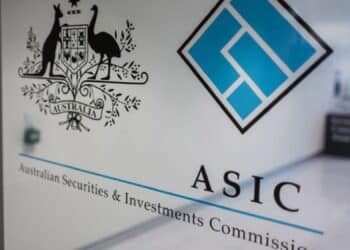The search for yield, investing to offset Australian exposures, thematic investing, bespoke strategies and active exchange traded funds (ETFs) are the top trends for the $60.24 billion ETF market in Australia, according to ETF Securities.
According to the firm, low interest rates meant investors would continue to seek alternative sources of yield, with some still looking at fixed income, but focusing on international options like the US, which had higher interest rate compared to its counterparts.
However, investors concerned about volatility risks for an equity approach might look towards infrastructure ETFs as the sector tended to be less vulnerable to market cycles and movements.
The slowdown in resources and residential property, along with a weaker Australian dollar, might direct investors’ attention to look further for international exposure.
For example, investors were looking at particular growth themes like the middle class in Asia or at sectors not widely available in the Australian market, like technology, the firm said.
As far as bespoke and smart beta strategies were concerned, there was a rise in ETFs using sophisticated rules or algorithms (smart beta) to ‘beat’ the market while still remaining passive, ETF Securities said.
“This might mean the exclusion of certain factors or using a different way of weighting investments compared to the index. For example, excluding companies in a particular industry. Or rather than weighting the investment based on company size, it might be weighted based on how volatile the companies are to market movements.
“Some ETFs like this are designed bespoke to large-scale institutions looking for both cost-efficiencies as well as the ability to match strategic or philosophical needs but still available to retail investors on the stock exchange,” the firm said.
On top of that, active ETFs were an emerging area and typically tracked the strategies of active investment managers, especially given that the Australian Securities and Investment Commission (ASIC) lifted its suspension of new active ETFs in December 2019 and released new admission guidelines.
According to ETF Securities, these may appeal to self-directed investors looking for active and liquid solutions with greater ease of use compared to many other active managed funds.





